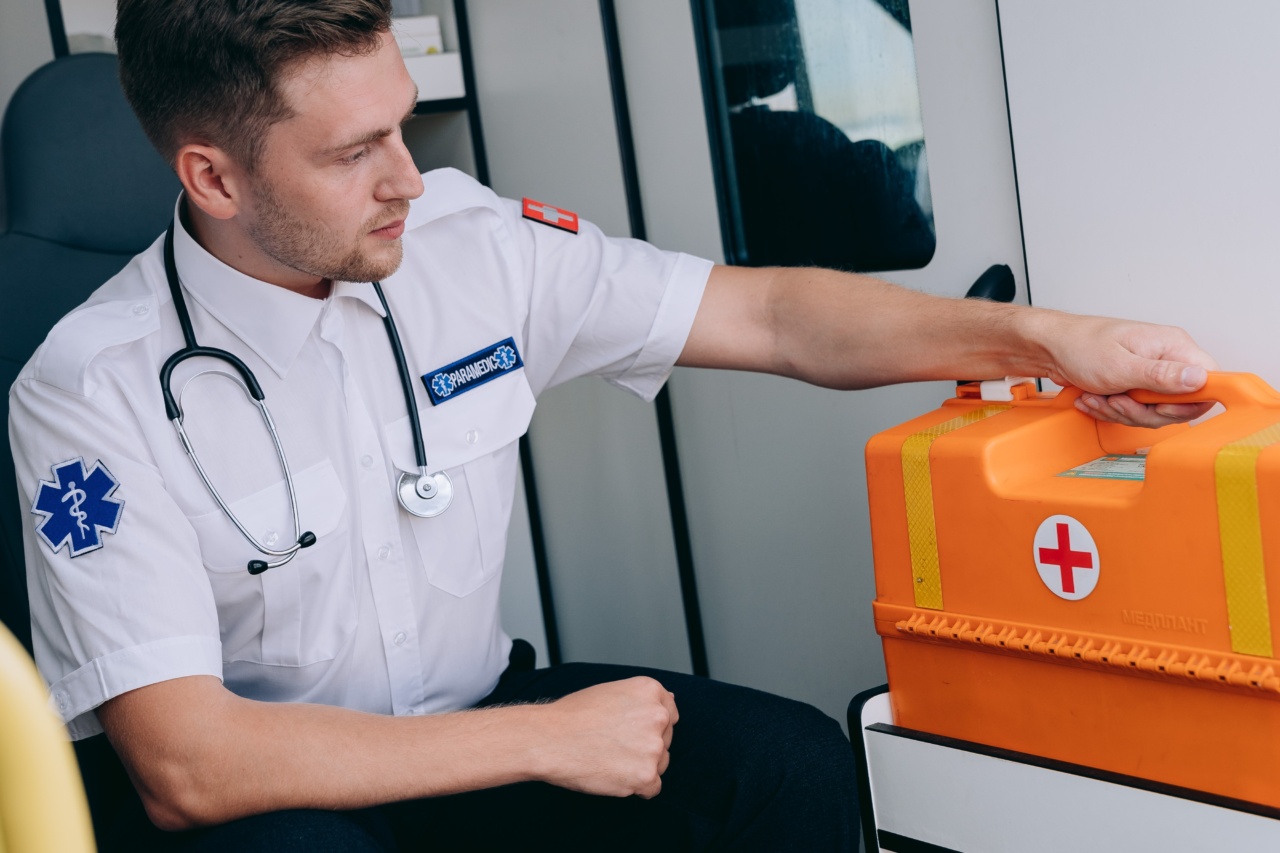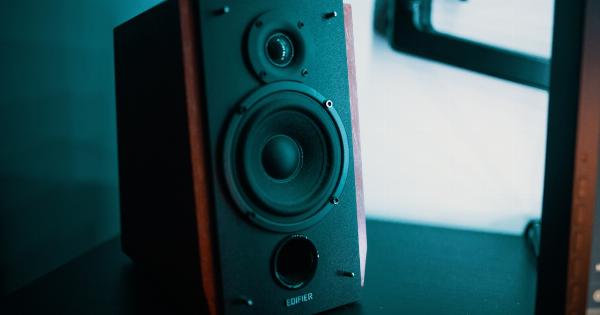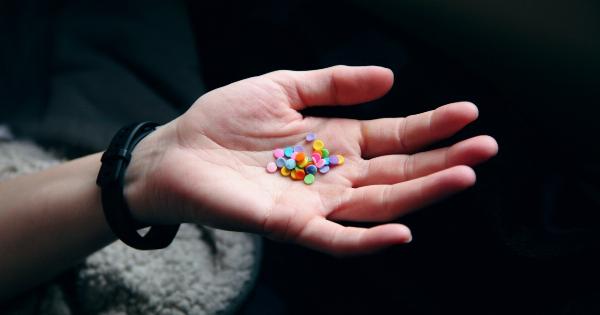A car’s first aid kit is a must-have for everyone who drives frequently. Adequately stocking your car’s first aid kit with essential medications can help you handle emergency situations when they occur.
Whether it be a minor injury, a headache, or a more severe condition like a fever or an allergy attack, the proper medications in your car’s first aid kit can help you manage them quickly. In this article, we will discuss the essential medications that you should have in your car’s first aid kit.
Pain Relief Medications
In any emergency situation, pain relief medications are a must-have. For minor injuries like cuts, bruises, or scrapes, having pain relief medication like acetaminophen or ibuprofen in your first aid kit can help reduce pain and inflammation.
Additionally, these medications can assist in managing severe pain caused by migraines, back pain, or menstrual cramps.
Antihistamines
Antihistamines like diphenhydramine (Benadryl) can treat severe allergic reactions that may happen when driving. These reactions could range from insect stings to pollen, dust, or pet allergies.
It is crucial to have antihistamines in your car’s first aid kit as an allergic reaction can occur anytime and anywhere.
Antibacterial Treatment
When you get a cut or a wound while driving, the chances of getting infections are pretty high. An excellent topical antibiotic cream or ointment like Neosporin can help prevent infections.
First aid kit antibacterial applications typically come in small tubes, making it easy to store and use them from anywhere, including your car.
Antacids
Stomach upsets, including heartburn, indigestion, or acid reflux, are common occurrences during long road trips. Having antacids such as Tums or Pepto-Bismol can help alleviate symptoms.
Antacids work by reducing stomach acid production, thus regaining your stomach balance.
Hydrocortisone Cream
Hydrocortisone cream can help in treating skin conditions such as itching, redness, rashes, and insect bites. It reduces inflammation and relieves itching, providing you with much-needed relief.
It could be handy for anyone, especially those who enjoy traveling to remote areas or hiking.
Aloe Vera Gel
Summer drives can lead to sunburns, and having aloe vera gel in your car’s first aid kit can provide relief. The cooling gel helps soothe and reduce inflammation after you get a sunburn, preventing it from progressing into something more severe.
It can also help relieve minor burns and cuts.
Aspirin
Aspirin is an essential drug that can save a life in case of a heart attack. The American Heart Association recommends having aspirin in your car’s first aid kit as it can reduce the risk of heart attack dramatically.
In addition, it is also effective for reducing fever and inflammation.
Eye Drops
Eye drops can help relieve dry, itchy, or irritated eyes. It is important to keep lubricating eye drops in your car’s first aid kit to manage emergencies such as foreign objects in the eye or exposure to dust, smoke, or other irritants.
Epinephrine Auto-Injector
An epinephrine auto-injector is a vital medication for people with severe allergies to bee stings, peanuts, or seafood.
It can save a person’s life during an anaphylactic shock and should always be included in a car’s first aid kit when the driver or any passenger has an allergy.
Conclusion
In conclusion, having a fully stocked first aid kit in your car can save your life or another person’s life during an emergency.
In addition to the essential medications listed above, it is recommended to keep other medical supplies such as bandages, gauze, and an instant cold pack in your kit. It is also essential to keep the medications up to date and dispose of any expired medication. Ensure your car’s first aid kit is easily accessible whenever the need arises. Remember, you can never be too prepared for emergencies.































